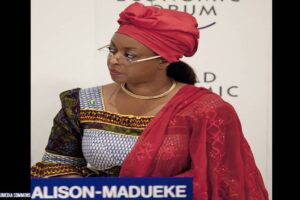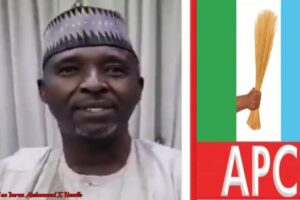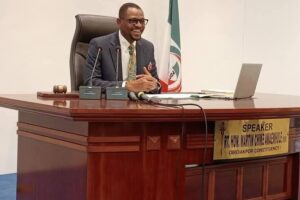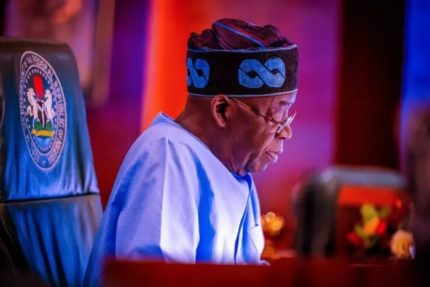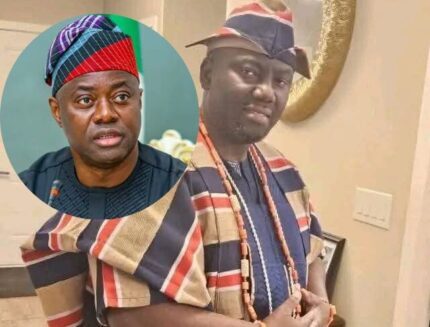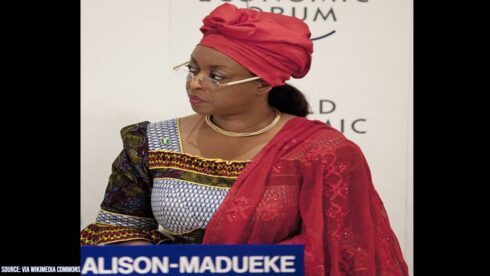President Bola Ahmed Tinubu has described the period before the removal of fuel subsidies as a time when many Nigerians lived a “fake good life.” Speaking during a recent address, President Bola Ahmed Tinubu defended his administration’s decision to scrap the fuel subsidy, asserting that it was a necessary step to rebuild the nation’s economy and foster sustainable growth.
The president’s remarks have sparked widespread debate, with some Nigerians praising his honesty while others criticized his characterization of the economic situation prior to the subsidy removal. President Bola Ahmed Tinubu emphasized that the subsidy regime was unsustainable, describing it as a financial burden that created an illusion of prosperity at the expense of long-term economic health.
The Cost of Fuel Subsidy: A Nation in Decline
President Bola Ahmed Tinubu revealed that maintaining the fuel subsidy had drained national resources, diverting funds that could have been used for critical infrastructure and social programs. According to official figures, billions of naira were spent annually to artificially lower fuel prices, creating a strain on government finances and increasing national debt.
“The subsidy was a ticking time bomb,” President Bola Ahmed Tinubu said. “It masked the real economic challenges and gave Nigerians a sense of comfort that was neither real nor sustainable.” Critics, however, argue that the abrupt removal of the subsidy has worsened economic hardship for millions, with fuel prices skyrocketing and inflation affecting basic commodities.
Economic Reforms and Public Reactions
Since the subsidy removal, the government has rolled out several economic reforms aimed at cushioning the impact on ordinary Nigerians. President Bola Ahmed Tinubu’s administration has introduced palliative measures, including conditional cash transfers and plans for mass transportation systems. However, these efforts have been met with mixed reactions.
While some analysts applaud the government’s attempt to address structural issues, others highlight the inadequacy of the interventions in alleviating the rising cost of living. Public protests and labor strikes have further complicated the implementation of these policies, underscoring the tension between economic reform and public satisfaction.
Fuel Subsidy’s Role in Nigeria’s “Fake Good Life”
President Bola Ahmed Tinubu’s statement underscores a broader critique of Nigeria’s dependency on subsidies to create a sense of economic stability. “The subsidy allowed people to feel rich when in reality, we were borrowing against our future,” President Bola Ahmed Tinubu stated, drawing attention to the ripple effects of this policy on sectors such as agriculture, transportation, and manufacturing.
Economists have pointed out that while subsidies kept fuel prices low, they stifled investment in local refining capacity and perpetuated Nigeria’s reliance on imported petroleum products. This dependency not only drained foreign reserves but also created opportunities for corruption and inefficiency within the oil sector.
Charting a Path for Recovery
President Bola Ahmed Tinubu called on Nigerians to embrace the sacrifices required for the country’s economic recovery. His administration has emphasized the importance of diversifying the economy, reducing reliance on oil, and attracting foreign investment as critical steps for long-term development.
“We must endure short-term pains for long-term gains,” President Bola Ahmed Tinubu said, urging citizens to remain patient as the government implements reforms. However, opposition parties and civil society groups continue to question whether the government has a clear roadmap to mitigate the immediate challenges faced by the populace.
Critics and Supporters: A Divided Nation
The discourse surrounding President Bola Ahmed Tinubu’s “fake good life” comment has highlighted the deep divisions in Nigerian society. Supporters argue that his candor reflects a willingness to address systemic issues head-on, a departure from previous administrations. Critics, however, accuse the president of downplaying the struggles of ordinary Nigerians and failing to provide immediate solutions.
As the nation grapples with the aftershocks of subsidy removal, the debate over President Bola Ahmed Tinubu’s policies continues to dominate headlines. Whether these reforms will ultimately lead to economic stability or exacerbate existing inequalities remains a question that only time can answer.
Table of Contents
Discover more from OGM News NG
Subscribe to get the latest posts sent to your email.



